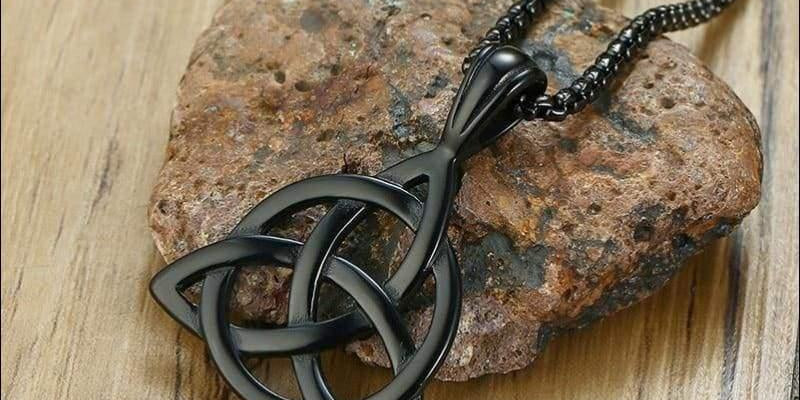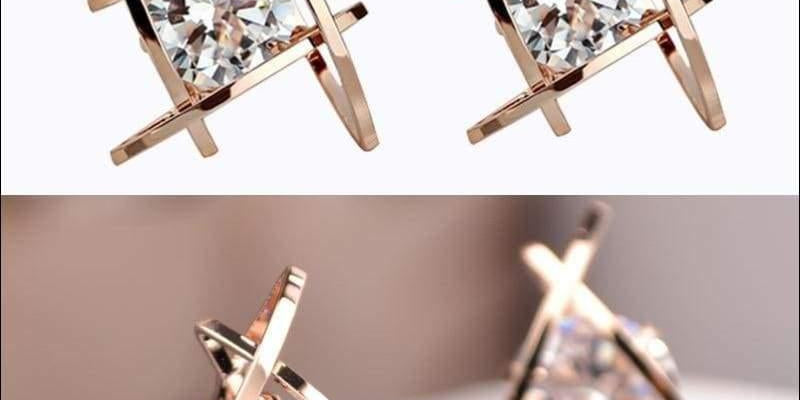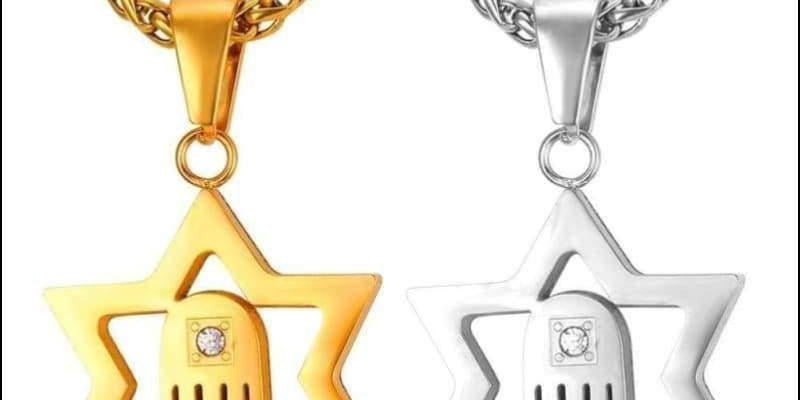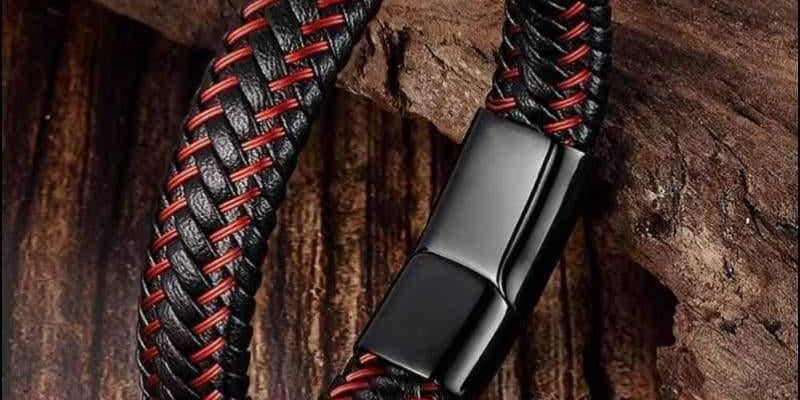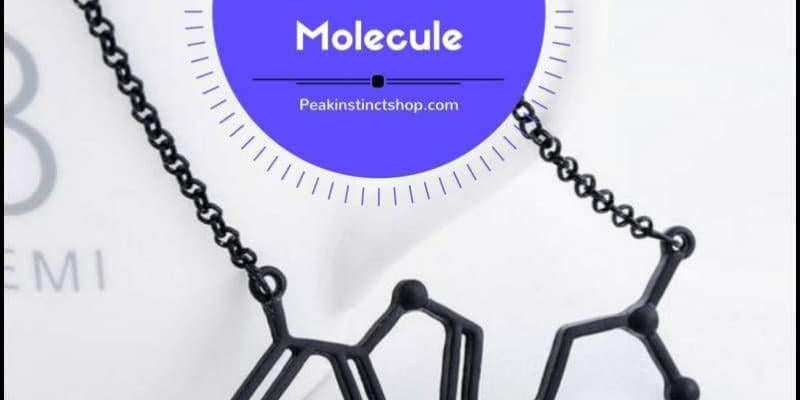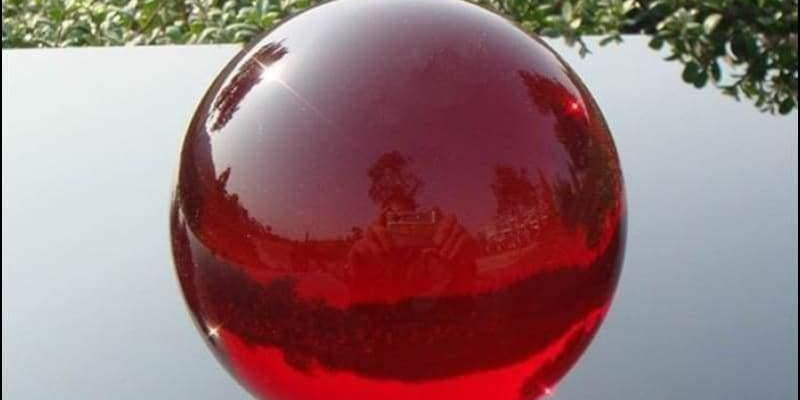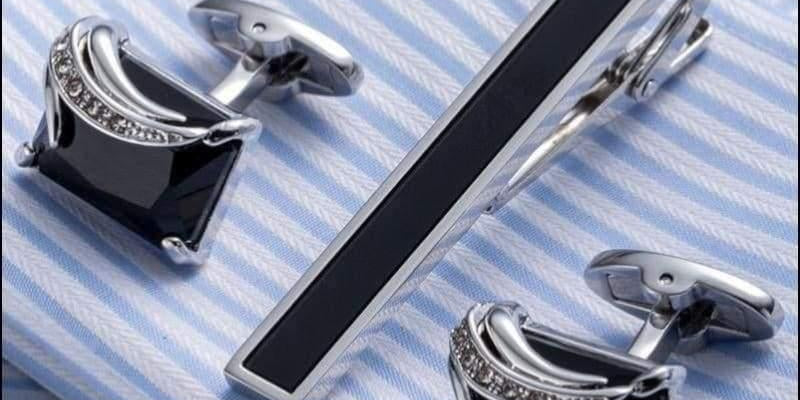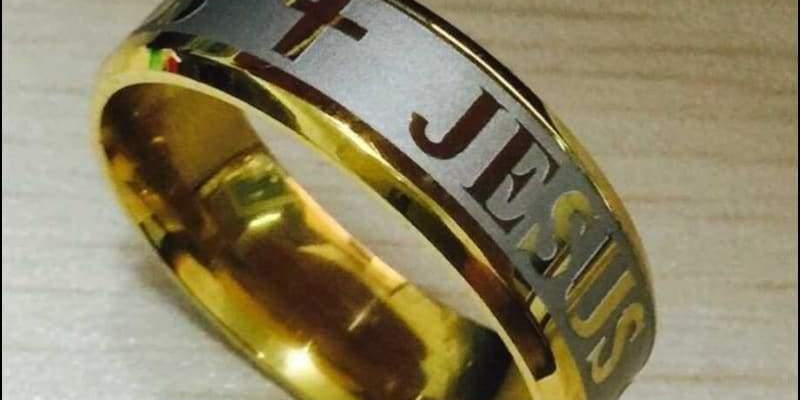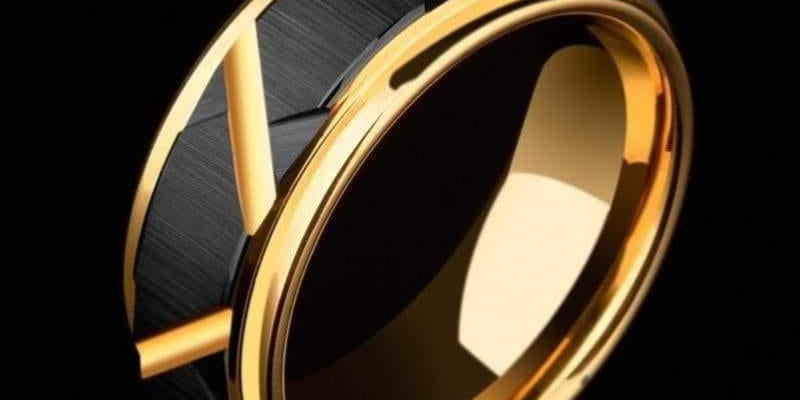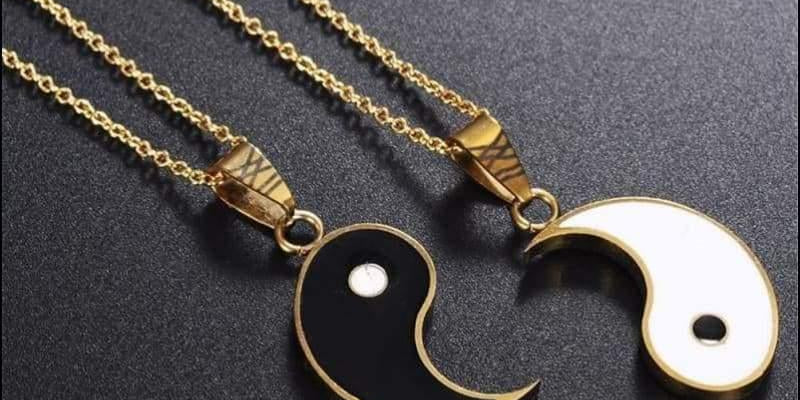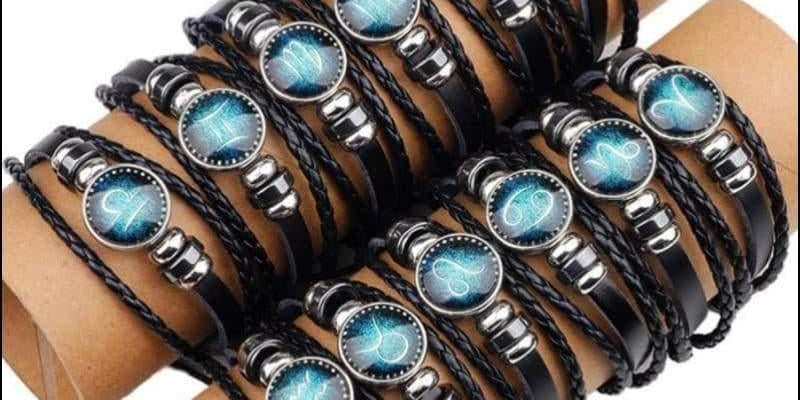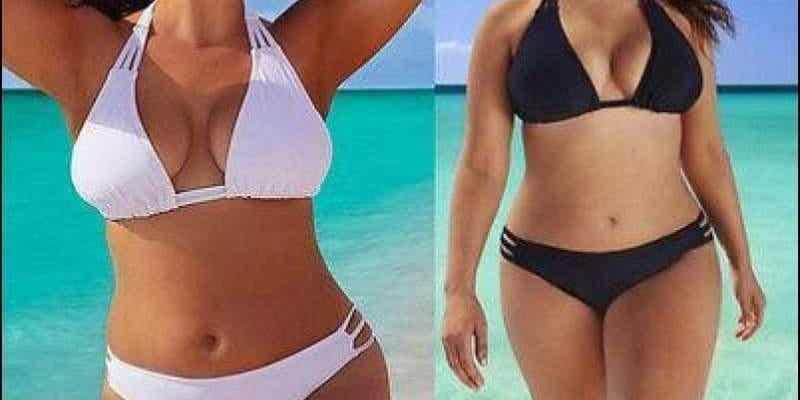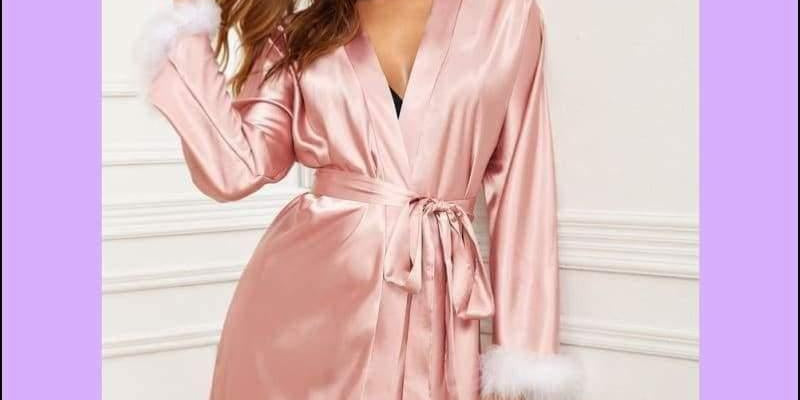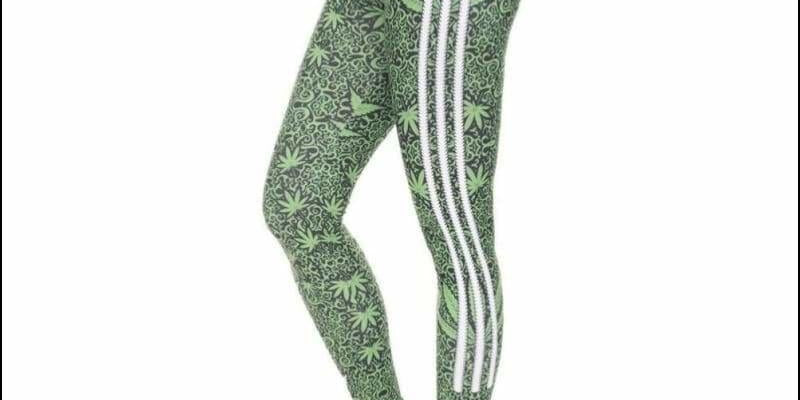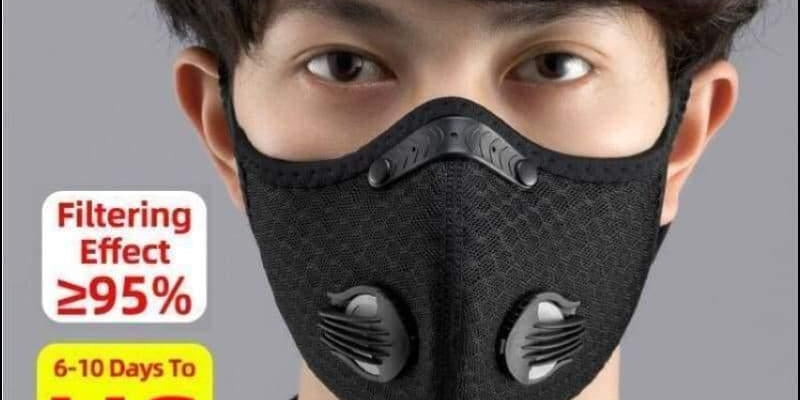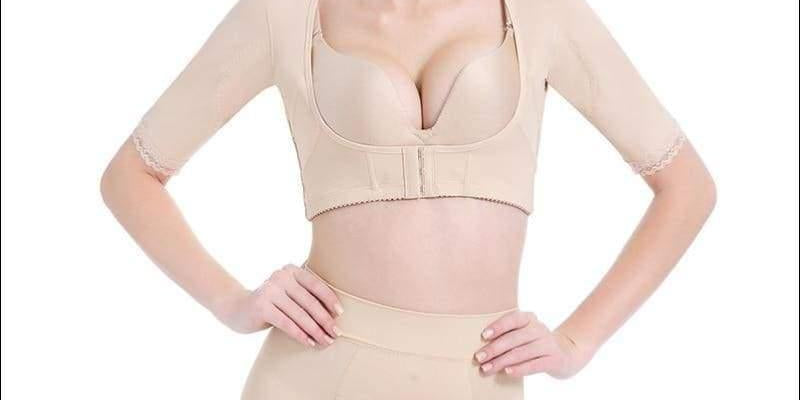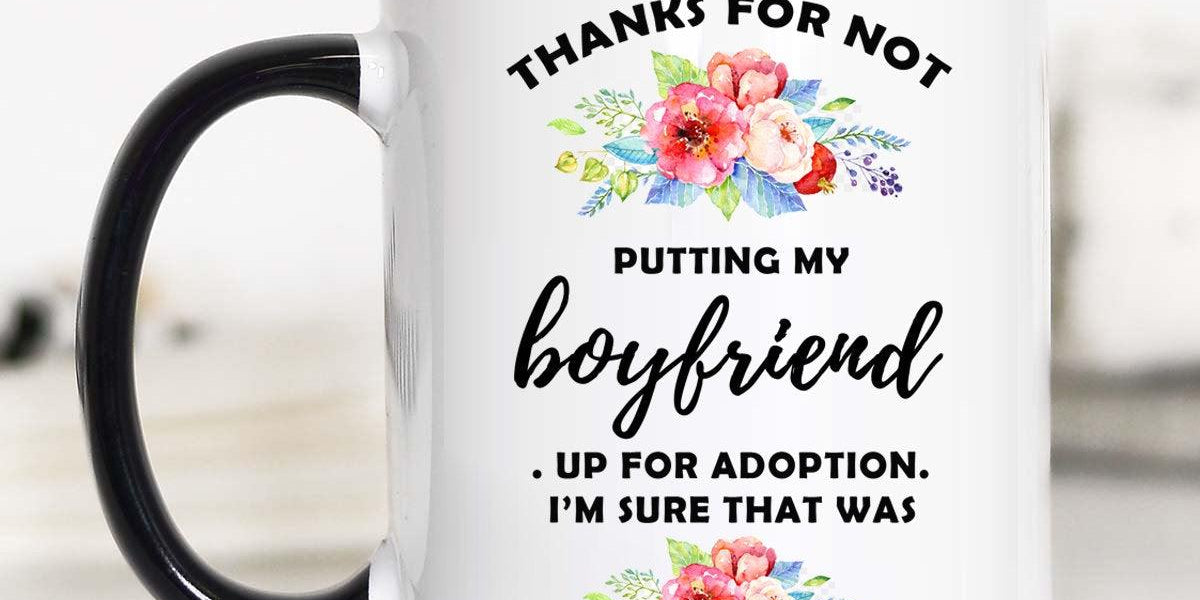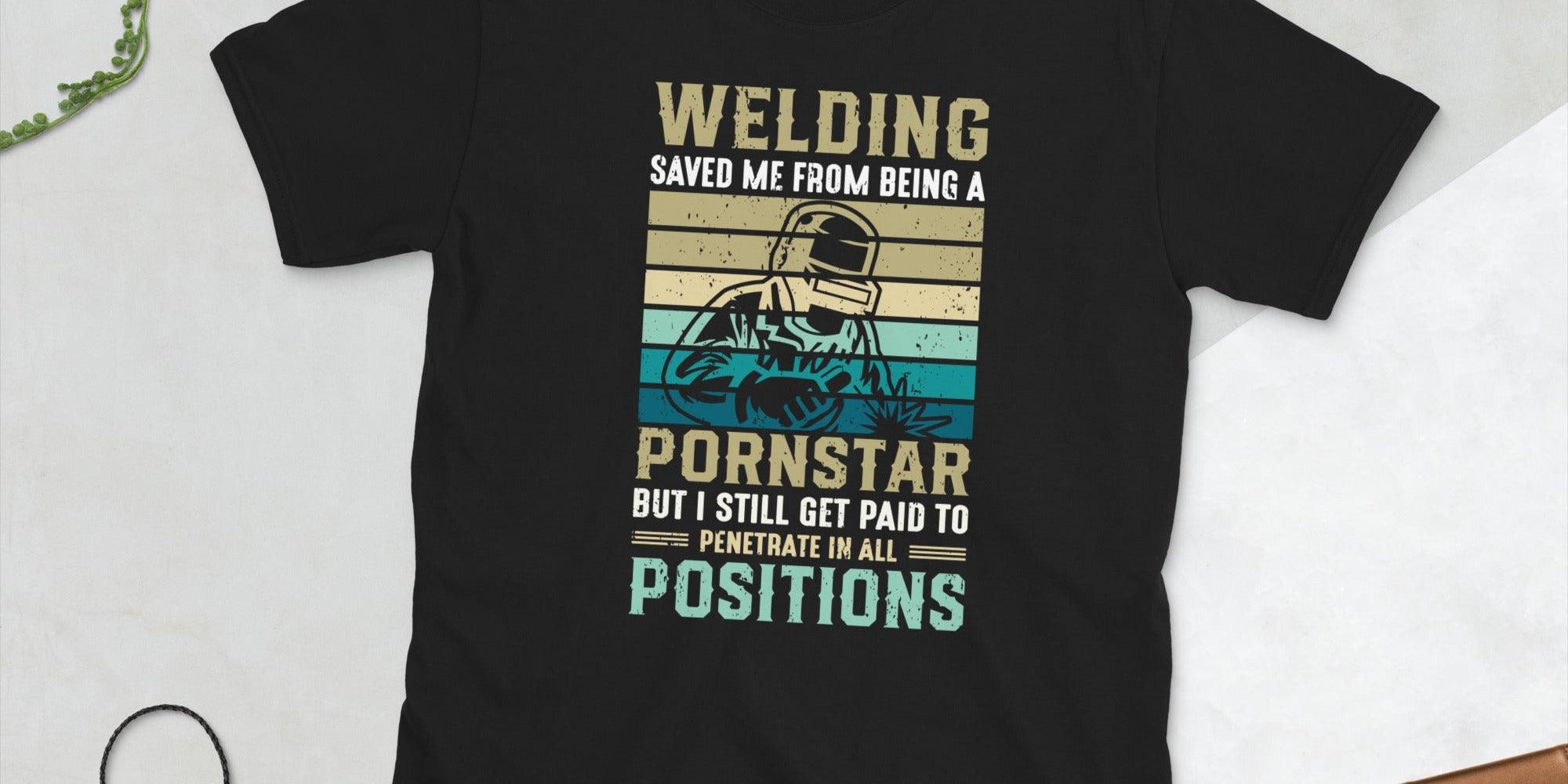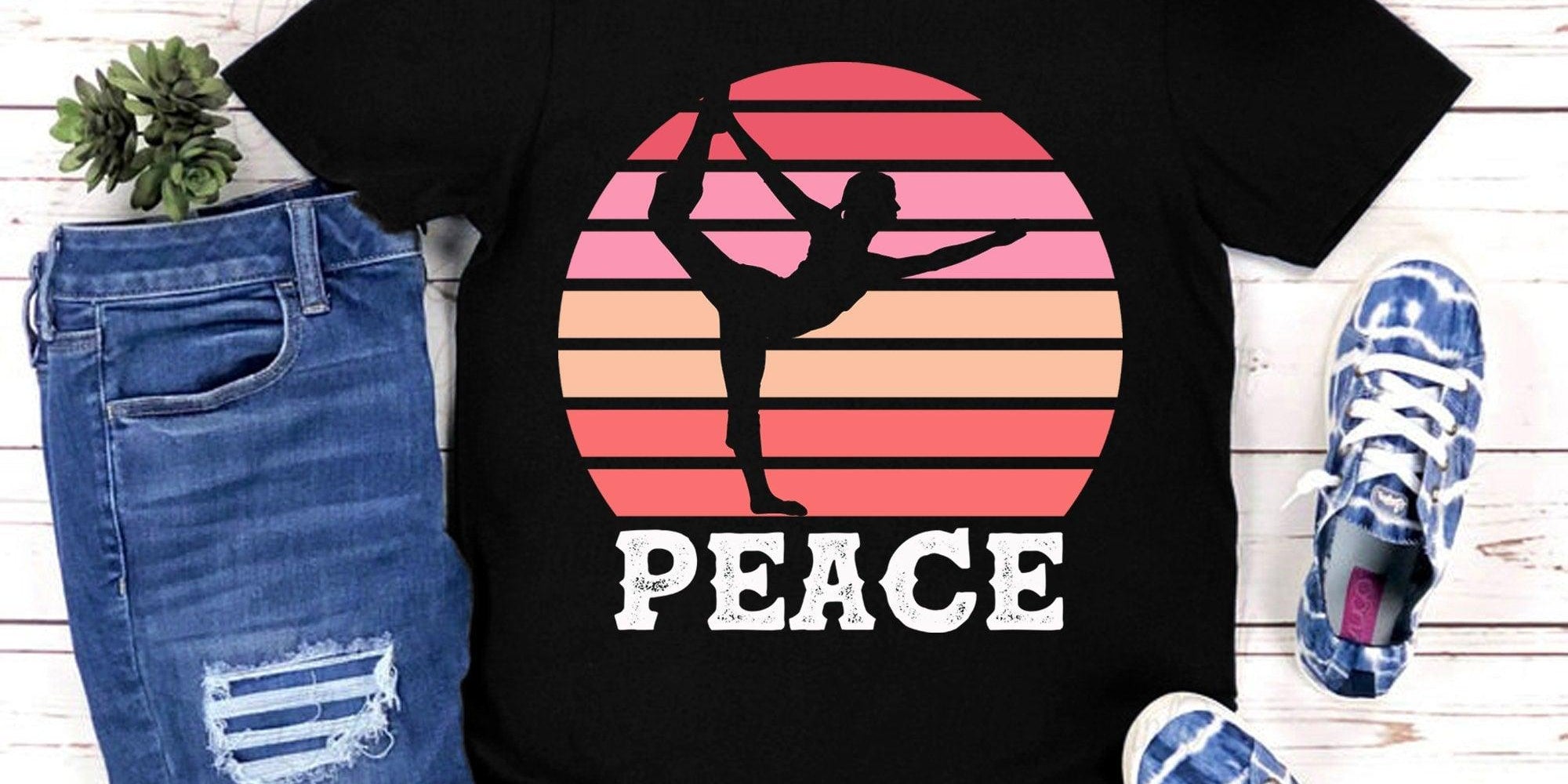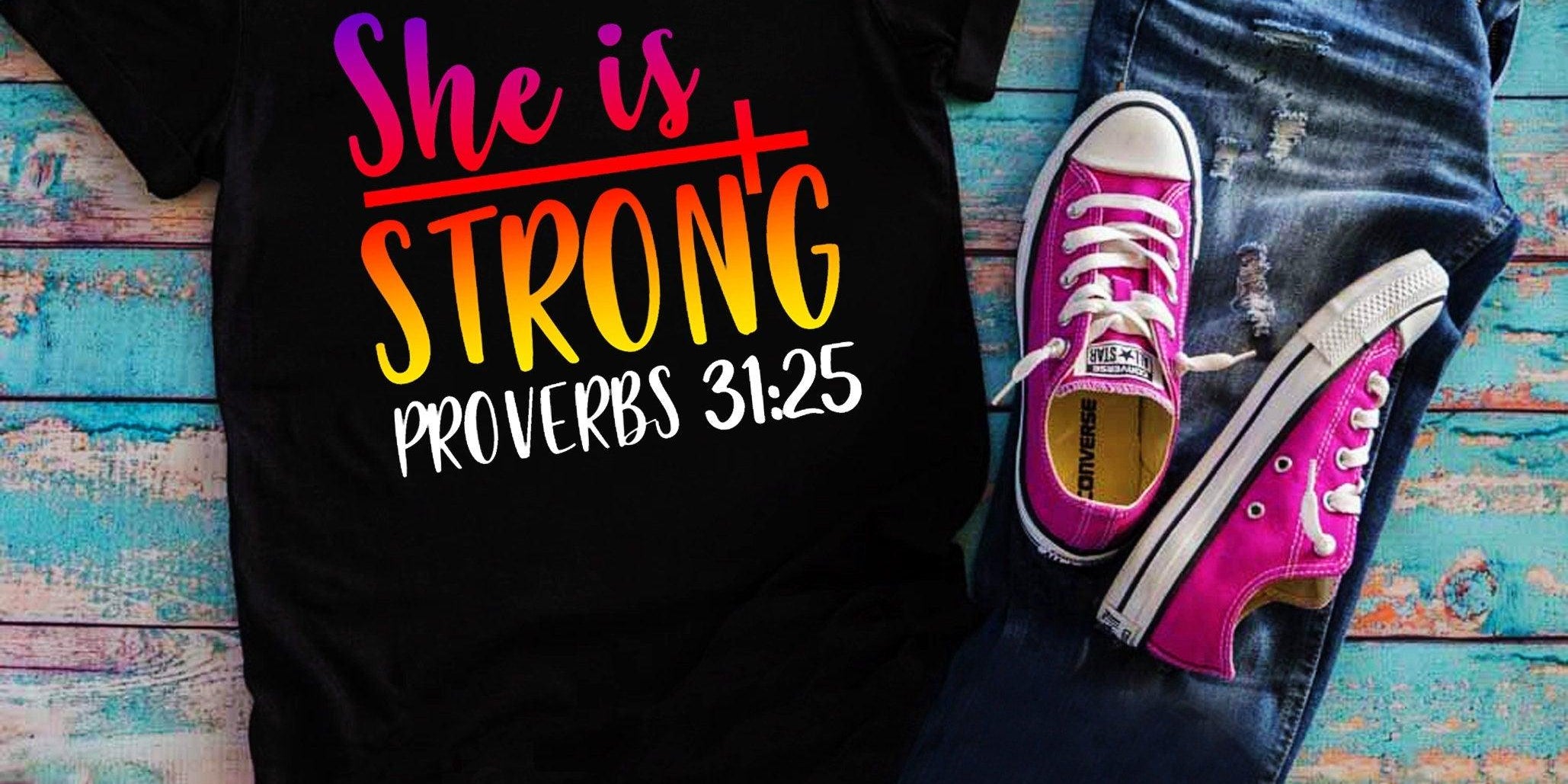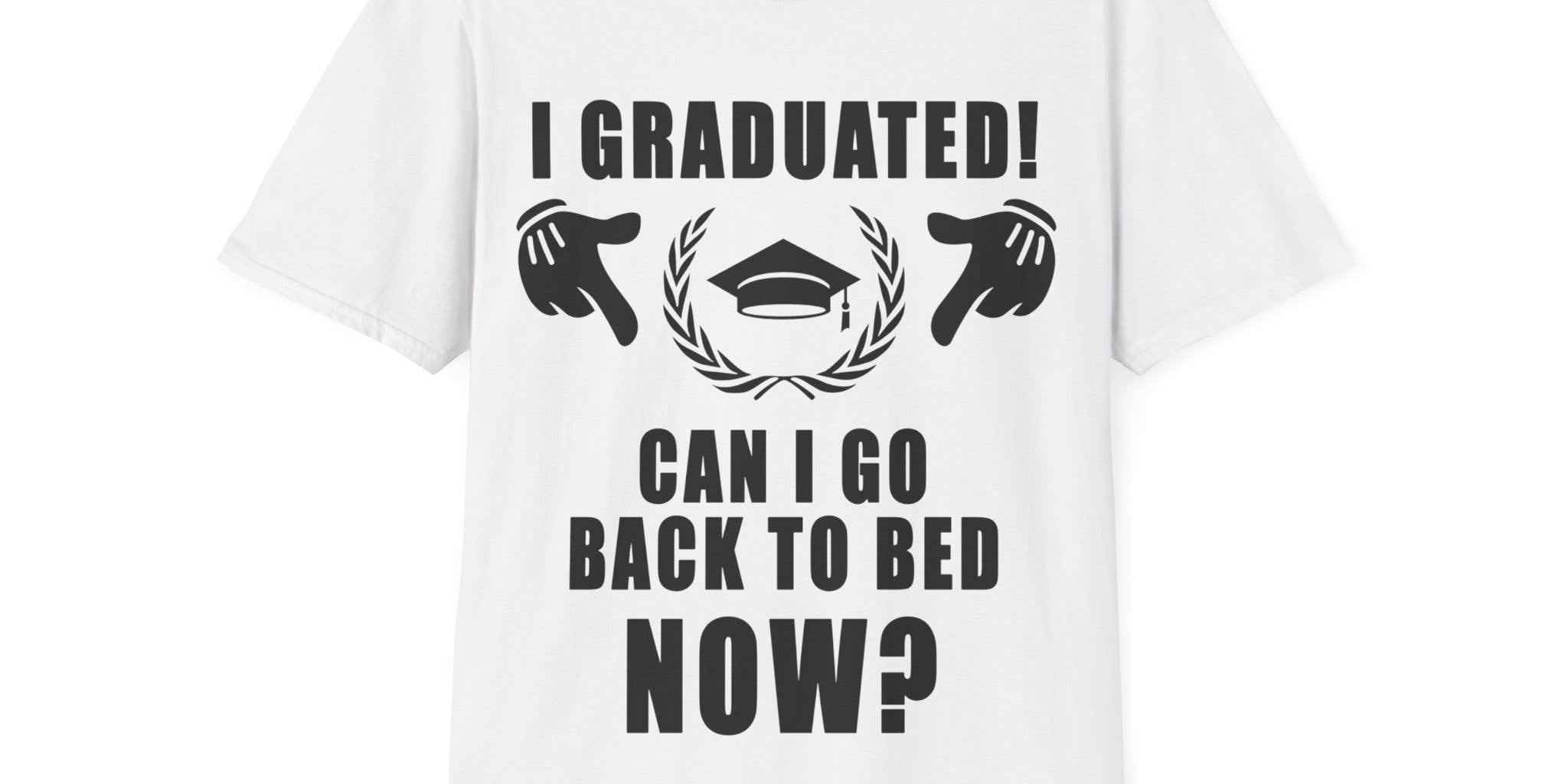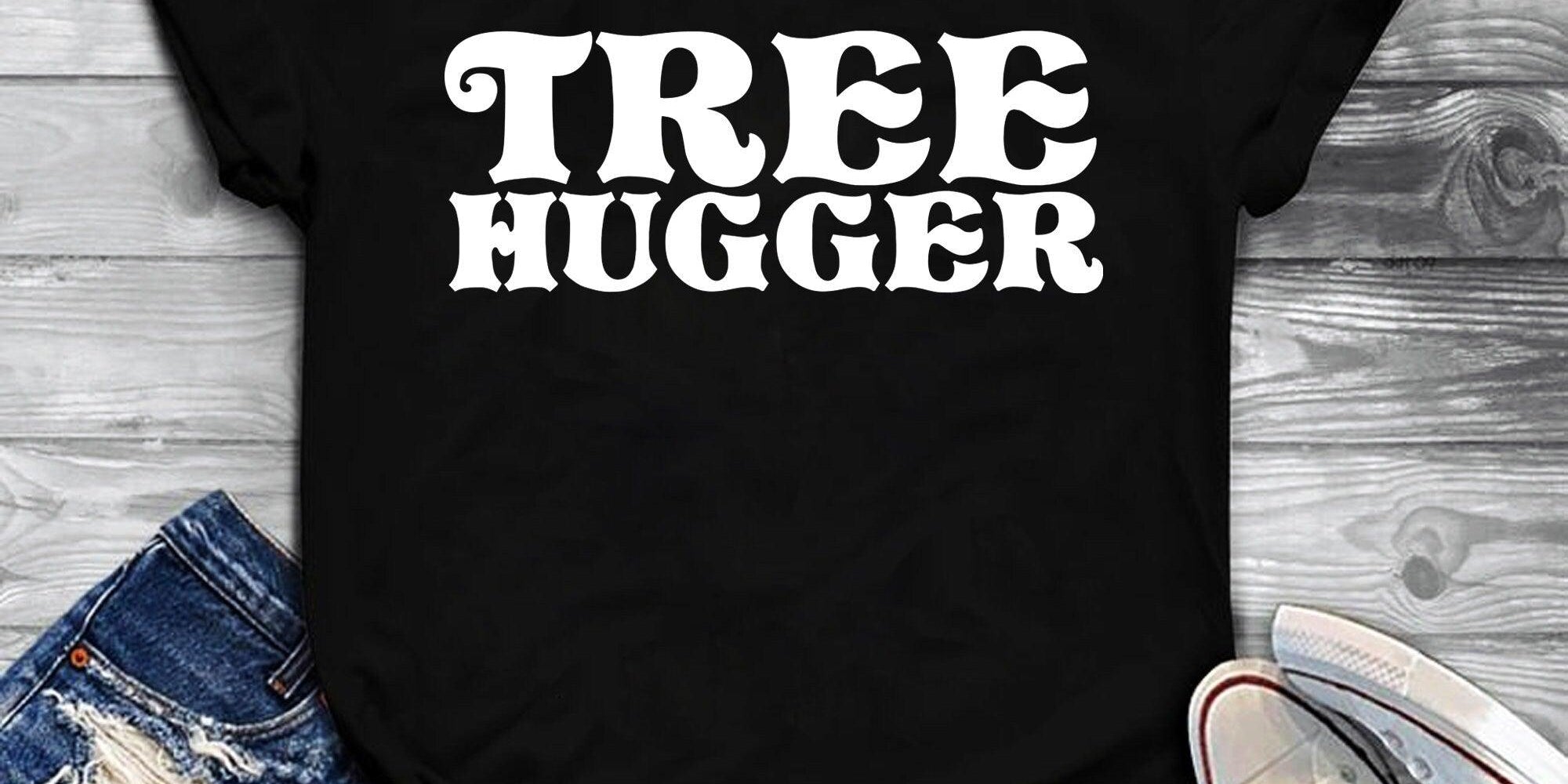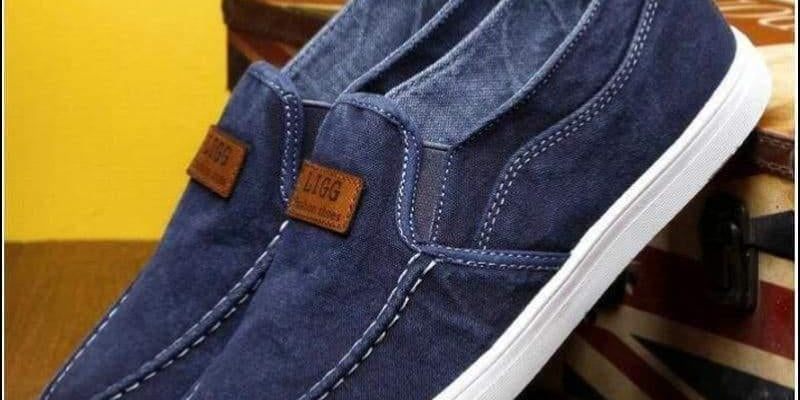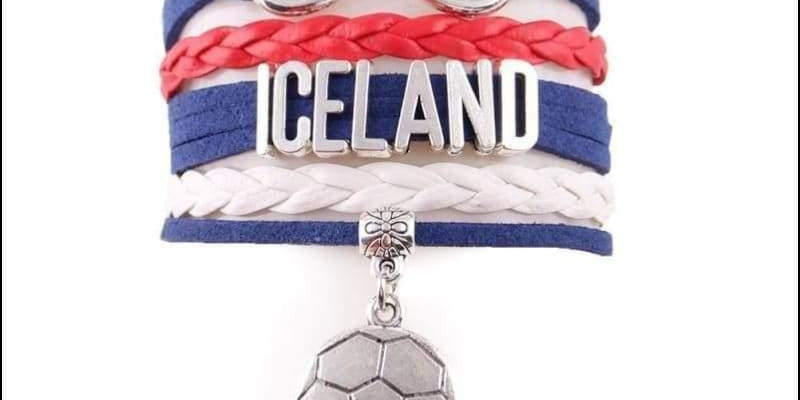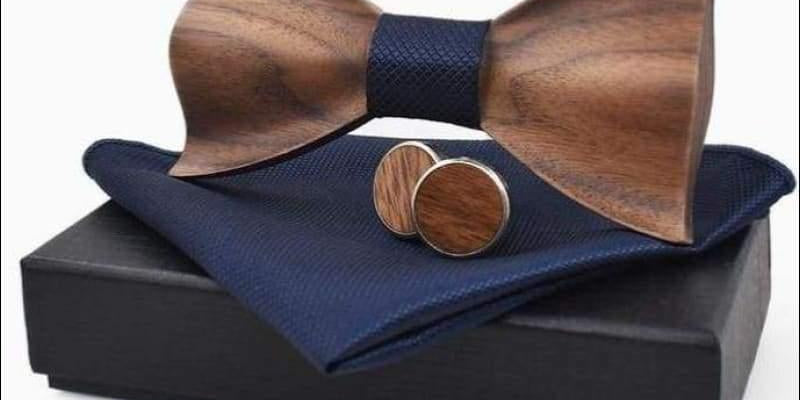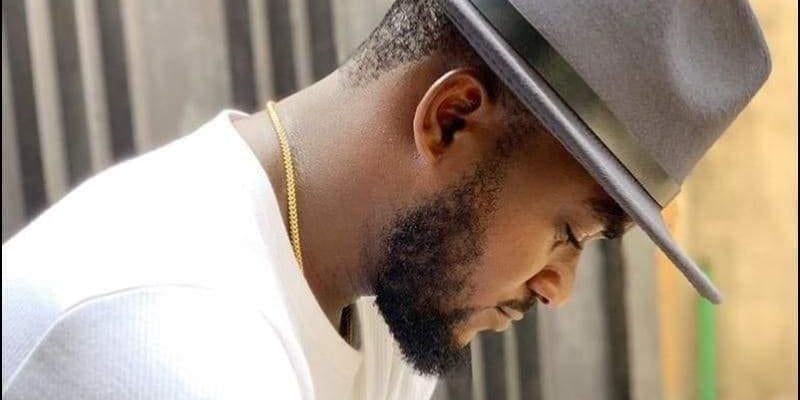What Kind of Filtered Mask Is More Effective?
Masks has been on demand since the coronavirus pandemic started. Manufacturers and retailers are producing different kinds of masks; including ones with removable or built-in filters. Here's what you need to know before buying filtered masks.
Caution: As stated below, medical experts agree that masks with or without filters is not enough to combat COVID-19. Do not forget to wash your hands and practice safe social distancing.
Wearing a masks evey time you go outside is the new normal after the Centers for Disease Control and Prevention recommended Americans wear masks in public to reduce the spread of COVID-19.
In response, many companies have pivoted to make face masks — and face masks for children. Consumers can now find masks, including cotton, polyester and nylon, in almost any style and material. A lot of masks come with a built-in filter or as a replaceable feature.
bra
Various types of face mask filters exist , ranging from basic pieces of cloth to carbon filters and HEPA filters. Typically, face mask filters sit between the mask's two outer layers and are used to further filter out particulate matter in the air.
There are different types of folters that is avaialble on the market, to know more about it.
HEPA Filters
High Efficiency Particulate Air filters. HEPA filters are typically found in air purifiers or central air systems and are used to clean the surrounding air of particulates.
According to Sedeb Dalai, a Stanford physician, It should be noted that any filter material (HEPA, polypropylene) should be sandwiched in between two additional layers of fabric (cotton, silk or nylon) to prevent inhalation of filter materials, and protect the face from the abrasive material.
"HEPA vacuum filters have a high efficiency for filtering very small particles, including the microscopic droplets responsible or the majority of respiratory virus transmission.” - Dalai
These filters are breathable, are easy to obtain and do not extrude large amounts of inhalable synthetic materials.expert
Non-woven Polypropylene Material
If you can't access a HEPA filter, adding more layers of a tightly woven fabric can also boost protection. To check the effectiveness of the fabric, hold it up to the light. If you can see its individual fibers, then it's probably not a great material.
Polypropylene non-woven fibers (used in non-shiny reusable fabric grocery bags, tote bags and wine bags) also make adequate filter fabrics.
“This is the same material used in N95 masks, although the thickness and weave are different,” Dalai said.
You don’t necessarily need to buy a specialized filter to get effective mask filtration. A piece of high-thread count fabric may work just as well, said Josh Davidson, MD, an allergy and immunology specialist in California.
Coffee filters, paper towels and tissues
Another household item you might consider is coffee filters. The Missouri S&T research found three layers of coffee filters by themselves without fabric removed 24.1% of relevant particles.
Although new CDC instructions for making DIY face masks include incorporating a coffee filter, board-certified internist Nate Favini said that coffee filters, paper towels and tissues (even in layers) aren’t very effective at filtering out microscopic particles. And they can’t be washed.
However, that doesn’t mean you can’t use them, especially if they are the only materials you have at your disposal.
"They’re not ideal, (but) in multiple layers, they add some measurable benefit, there’s no harm in adding one to your mask." - Burken, medical expert
Aside from poor filtration properties, Dalai said that coffee filters can become easily saturated with moisture. So masks made with these paper materials are suitable for one-time use only.
Can filtered mask prevent COVID-19?
No. While a face covering will not give you total protection from catching COVID-19, it will help you and others reduce the chance of spreading it, especially if you aren’t aware that you are infected.
However, because anyone could be an asymptomatic carrier, that any filtration and coverage (along with adhering to social distancing
guidelines, of course) is better than nothing.
“Because anyone could be an asymptomatic carrier, there is no harm in wearing a mask,” he added. “As long as it is homemade, and is not a medical mask (which should be reserved for health care professionals), you should be fine.”
Sources:
https://www.today.com/style/what-kind-filter-should-you-put-face-mask-t179037
https://www.huffpost.com/feature/coronavirus
- Tags: #HealthAndBeauty
0 comments



